Keywords: Perspectives on Science; Francis Bacon; medicina mentis; New Atlantis
The edition of this summer’s number of Perspectives on Science is dedicated to a close-up of a particular intellectual context which favored the emergence of Francis Bacon’s works on natural philosophy in general and his epistemological account in particular. In the era of great upheavals and general reform Bacon assumed an important part: that of Reformer and Curer of the human mind. He aimed at freeing the faculties of the mind-imagination, memory, judgment, reason, from the false and perilous bridles of vain speculations, rash generalizations and idolatrous tendencies. The wide-spread acknowledgment of Bacon’s theory of error is taken up and elaborated in the edition dedicated to Francis Bacon and his “medicine of the mind” in an attempt to answer some challenging questions about the tradition which informs Bacon’s entire oeuvre.
More...Keywords: Regimens of the Mind: Boyle; Locke; and the Early Modern Cultura Animi Tradition; vita activa
Recent years have witnessed an increase in the number of scholarly works concerned with one particular aspect of the early modern period. This important feature can best be summarized as the anthropological core of the early modern experimental enterprise. Specific perspectives on human nature and implicitly on the human affective and cognitive constitution were fundamental in grounding different approaches to the study of nature. Both Stephen Gaukroger1 and Peter Harrison2, for instance, make compelling cases in favor of the view that the early modern natural philosophers’ primary concern was with the limitations of the human cognitive capabilities and the proper methods for knowledge acquisition according to these limitations. This stance eventually led to objectified, institutionalized investigative practices.
More...Keywords: translator; translation; foreign languages; the Romanian language; world literature
The aim of this second paper [that intends to bring into the foreground another well-deserved (rather) small number of translators of foreign languages into Romanian] is to complete the former paper published in the previous issue of Studia ( issue no. 10/2011).
More...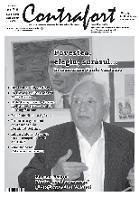
Sporovăind despre Japonia cu Roland Barthes, Nicolae Steinhardt, Okakura Tenshin, Claudia Golea şi Mircea Eliade
More...Keywords: New Atlantis; The Feast of the Family; the Rise of Early Modern Europe
Under the broad theme of utopia, the special issue of Studii de Stiinta si Cultura consists of a series of research papers dedicated to the field of early modern philosophy, history, religion or science. They all focus on the important questions raised by Francis Bacon’s New Atlantis. Structured on three parts, the volume covers some aspects of the research performed in the past ten years in the area of early modern studies. Some papers highlight Bacon’s theological foundations of natural philosophy or emphasize the problem of esotericism in his science, while others set forth the Iberian background of the author’s project.
More...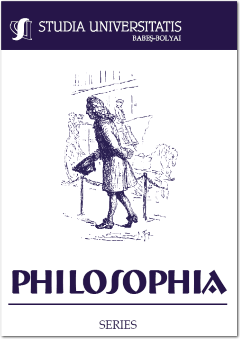
What are the standards for natural philosophical inquiry? To this question Early Modern philosophers came with different particular answers, with different ideologies of knowledge that centre around values such as usefulness or moral goodness. The challenges that early modern philosopher had to deal with were less the discovery of new facts and theories but the creation of the standards and values according to which his endeavours represent genuine inquiries into nature. Acknowledging the important social, politic, economic, etc. background of inquiry, insisted upon in the last 30 years, the present volume propose to “turn back to questions of the epistemic content itself” and analyse the epistemic values involved in the seventeenth and eighteenth-century scientific inquiry. The 15 contributions to this volume explore the main battlefields in which the epistemic values of Early Moder¬nity were forged: the devices that orient and shape the ideology of inquiry, the role and characteristics of testimony, the reli¬gious requirements for epistemic research, the strategies of conflict, the exceptions raised by “the science of man”, and the role of ethics per se in shaping epistemic values. The conflict between various val¬ues at play in Early Modern period shaped and are constitutive to the epistemic practices and theories developed during these battles for science.
More...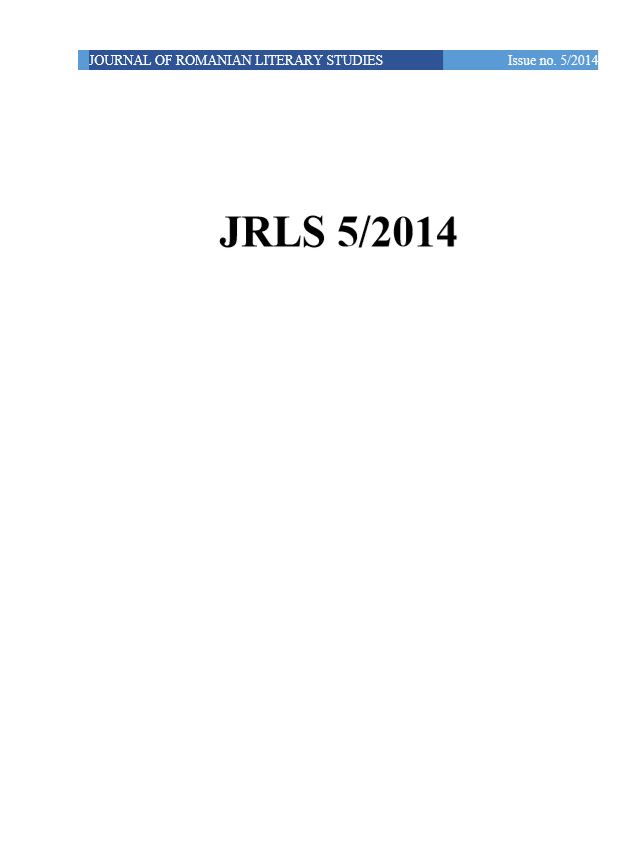
Keywords: acts; headline; press; speech; utterance
The article ʻSpeech acts in newspaper headlinesʼ is dedicated to the actional dimension of language. The approach of the journalistic title is focused the distinction made between performative and constative utterances and is based on the relation established between locutionary, illocutionary and perlocutionary acts. The detailed analysis of speech acts identified in press titles published by the newspapers included in our corpus – Le Monde and Adevărul (institutional or institutionalised acts, noninstitutional, universal acts), conducted in view of cognitive pragmatics, points out the essential role played by of the pragmatic dimension in the linguistic and semiotic analysis of a journalistic title. The comparison made between the performativity of the two newspapers analysed in our article highlights the common aspects of the journalistic style, as well as its peculiar features.
More...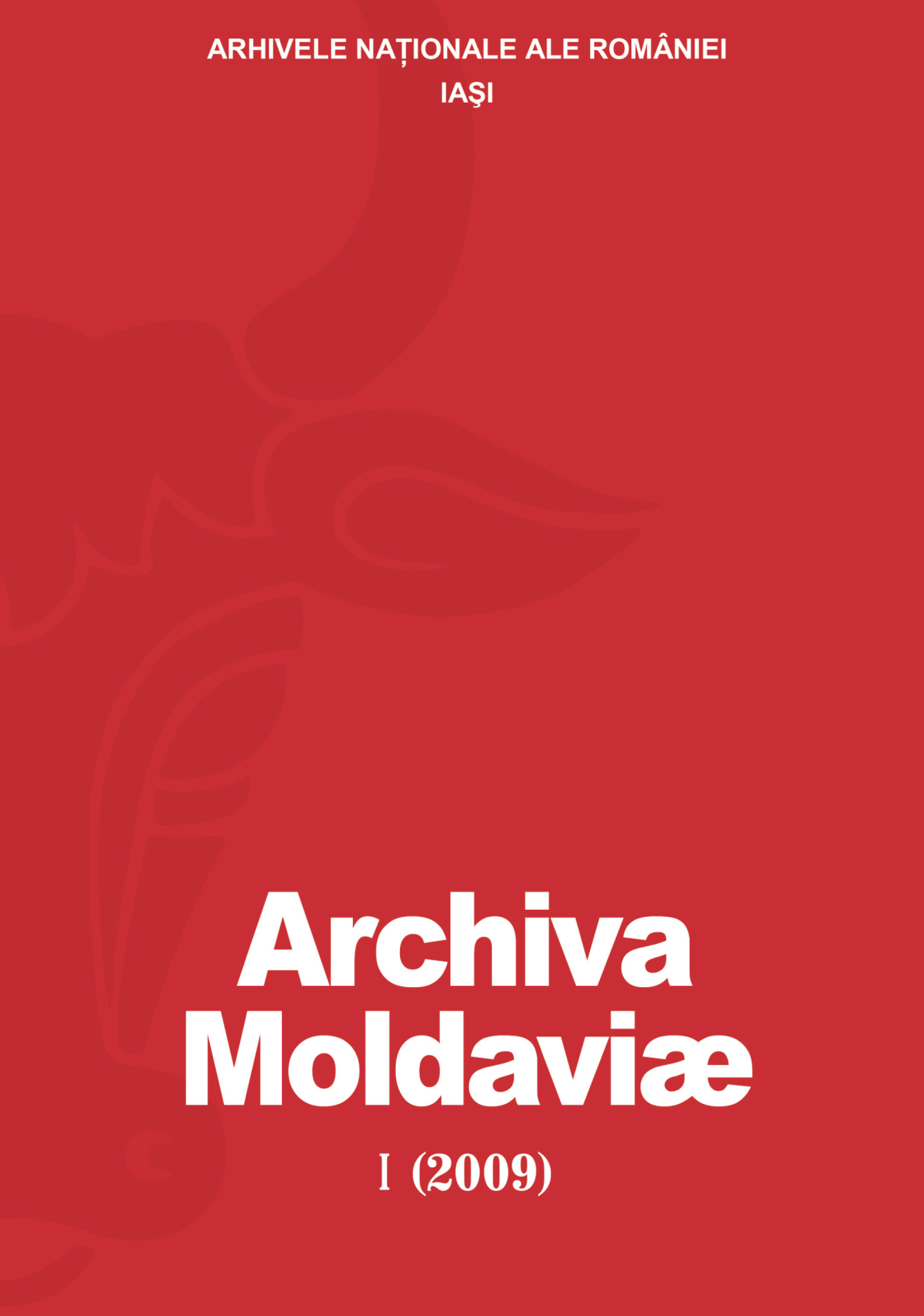
Keywords: Moldavia; South Bucovina; Soviet military occupation; destructions; deficiencies; misery; political; administrative and social transformations; anarchy;
Moldavia and South Bukowine were occupied in Spring-Summer of 1944 by the Red Army and became war field. Consequently, they suffered a massive destruction and loss of people. Also, they entered under the Soviet military occupation regime. Despite the statements made by Viaceslav Molotov in April 1944 regarding the non-involvement in the internal affaires of Romania, the Soviets interfered actively and massively in the political and social transformations. The first regions where the Soviet real-politik was applied were exactly those of the North-East of the country. This action was in concordance with Stalin’s vision considering that the winner may impose his social and political system in the occupied areas, as he would state in 1945 in front of a delegation from Yugoslavia in USSR.The process of Soviet transformation extended in the Autumn of 1944 in Moldavia and South Bukowine. The government in Bucharest understood that it had no possibilities of control over these regions and that, under the circumstances of the ascension of the communist forces and the secessionist trend, it might risk even to lose them. The Sănătescu government took notice of this reality after a commission sent in the region evaluated the situation in the field and after notes and reports arrived on different channels. Two of these documents, dated the 8th of November, revealed the difficult situation in Moldavia and South Bukowine where the Romanian government lost almost completely the control over the administration, the abuses of those who administered under the Soviet protection, the shortcomings and the misery affecting the population. The two documents are edited in the second part of this documentary in order to contribute to the enlargement of the documentary base of a subject less researched by the historians.
More...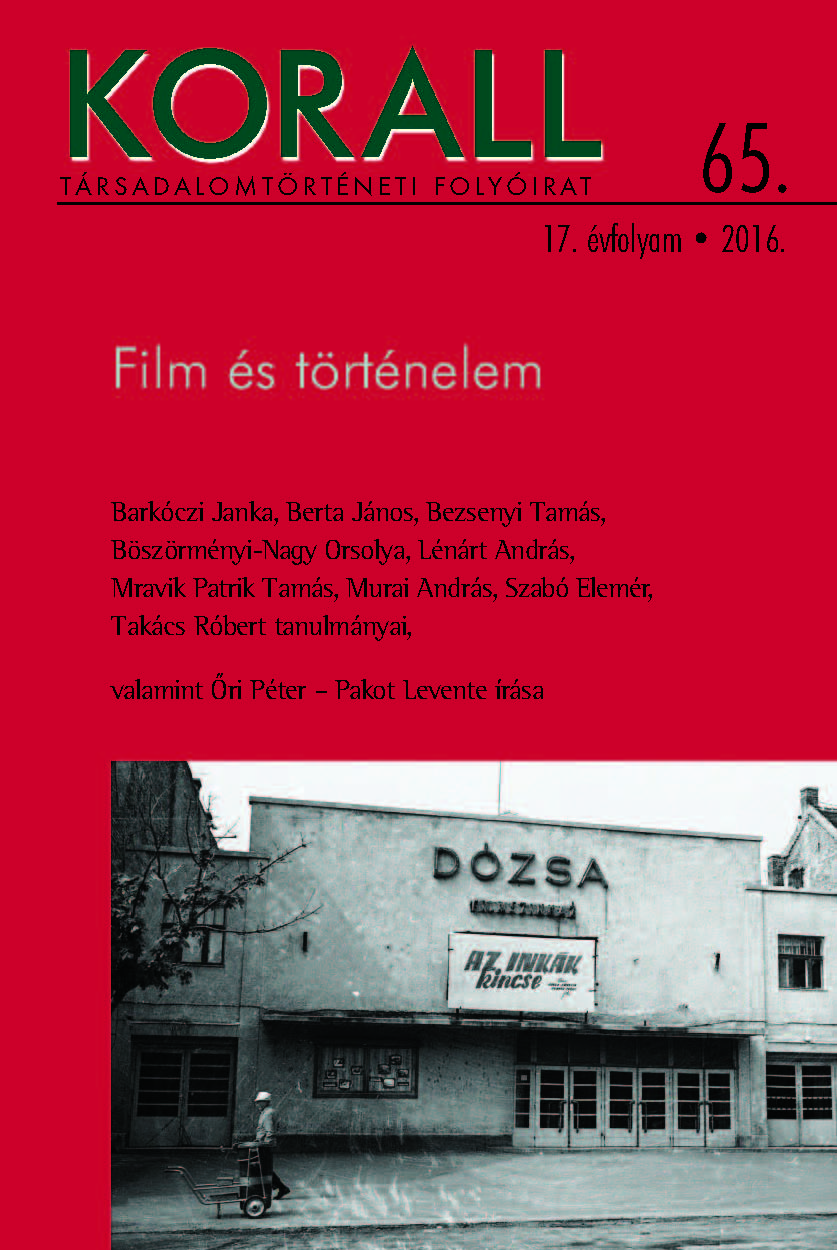
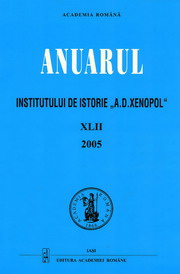
Keywords: time; theory of history; historical truth; historiography;hermeneutics; discourse analysis;
As Paul Ricoeur put it in Temps et récit, theory helps us realize that our relation with the document is never an innocent, but always an “ideological” one, that is, we start from our personal opinions, with biases, which influence both the choice and the interpretation of sources. We should state here that the theory of history does not pay attention to this evidence in order to challenge the verity values of historiography. Discussions around this aspect get historians accustomed to the reality of their limits, urging them to take precautions, to select evidence in such a way as for their research to resist in time, not to fall into disuse, once new archive collections are discovered. By rendering relative the omnipotence that the nineteenth century historians assumed, pretending an exact reconstruction of history, the present ideas do not discredit historical research, but make it more aware of its own limits, helping it to avoid easy extrapolations, as well as the traditional empiricist excesses, which for the sake of the detail miss the conclusions. Discourse analysis and hermeneutics warn the historians that the document is a means of information with a view to synopsizing, and not an end in itself, unfortunately exploited as a “discovery”, as a novelty, and not like it should be, from the standpoint of its force to signify, of its availability to participate in an ampler account, in a historiographical reconstruction. In other words, theory consolidates history’s claims of scientism, it does not undermine them with speculations. It does not impose dogmas or witticisms, insisting upon delimitations, classifi-cations and precautions to take into considerations when we start an investigation. What frightens us under the name of “theory” is nothing else but the inventory of possible working methods.
More...Keywords: intercultural appropriation; ritual; ritualization; conventionalization; deference.
More...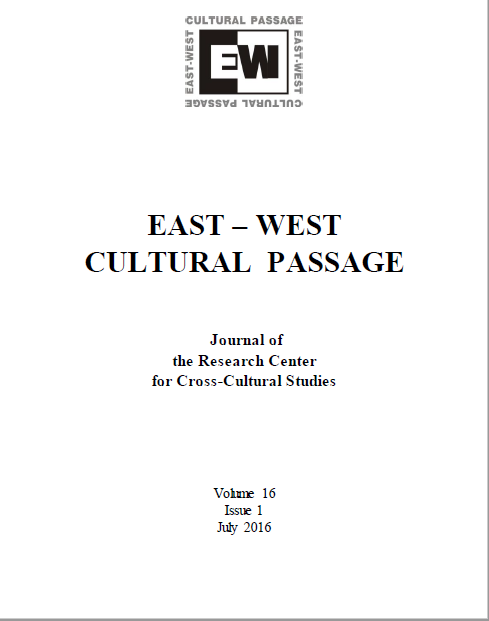
Keywords: man of feeling; sentimental morality; quixotism; sympathy; benevolence; David Hume; Adam Smith;
Rising to prominence in the latter half of the eighteenth century, the man of feeling readily became a virtuous model of liberal and charitable benevolence. Nevertheless, his moral epistemology – which translates feeling per se as virtue – proposed a model of masculinity that gradually absorbed feminine characteristics such as sympathy, sentimental effusions, tears and, ultimately, delicate feeling. This article places the man of feeling within the paradigm of delicate feeling, which interprets public responses in line with the protagonist’s innate benevolence taken as a quixotic idée fixe propagated through sympathy, the very engine of ethical motivation and judgement within a social context marked by mercantile interests. Understood as an arbiter of the other’s sentiments, sympathy – as understood by Scottish Enlightenment philosophers such as David Hume and Adam Smith – is grounded in the imagined perspective on the others’ similar sentiments or emotions and is seen as having powerful social effects, once it manifests itself in a morally judicious manner. Failing to do so, it engenders excessive, unorthodox sympathetic feelings that are conducive to a misreading of fellowship. In this light, my task is to delve into Henry Mackenzie’s Man of Feeling, a 1771 novel whose eponymous hero is an ultimately passive observer of life who epitomizes sympathetic feeling as failure caused by virtual forms of sympathy.
More...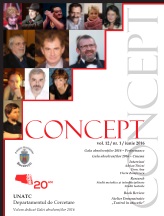
Keywords: theater performance; music-hall performance; drama actor; music-hall actor and singer; Romeo and Juliet; The Nurse; Gérard Presgurvic; the vocal color; the vocal intensity of expression;
The article describes and analyses a very famous part in the history of theater – The Nurse – by making a comparison between its construction in the music-hall performance „Romeo and Juliet, from Hate to Love” by Gérard Presgurvic and the same part in the classical Shakespearian tragedy. The interpreter of The Nurse, first soloist of the National Operetta Theatre „Ion Dacian” – the mezzo- soprano Claudia Măru-Hanghiuc analyses her work by making a full description of the performance with details of the vocal technique she used according to the subject and artistic requirements of both composer and stage director.
More...
Keywords: Ideologies of Epistemology in Early Modern Europe
More...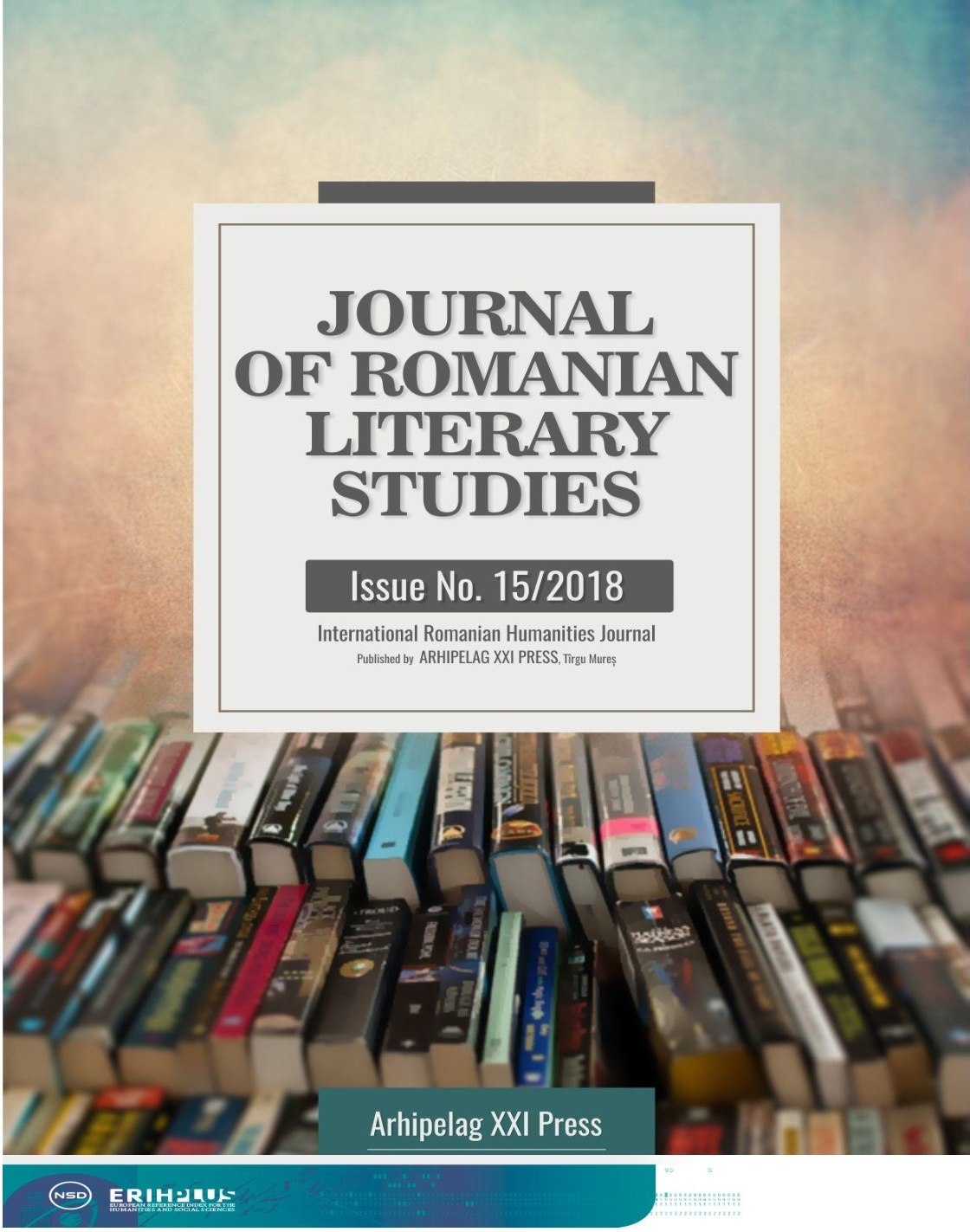
Keywords: paradigm; paradigmatology; Pathosformel; analogic cognition; serial art;
Glossing upon important texts of Thomas Kuhn, Michel Foucault, Giorgio Agamben, my study re-examines some pragmasemantic traits of paradigm, a metatheoretical term of crucial importance in epistemology, and tries to illustrate its logic with contemporary artistic initiatives.
More...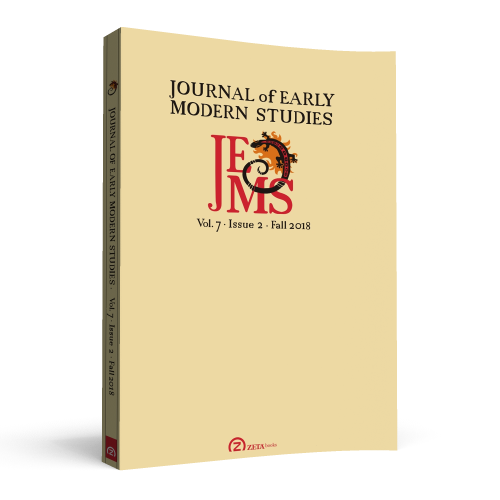
Keywords: Besnard; Descartes; fencing; Hope; Locke;
This essay explores the parallel development of fencing theory and philosophy in early modern Europe, and suggests that each field significantly influenced the other. Arguably, neither philosophy nor fencing would be the same today had the two not been engaged in this particular cultural symbiosis. An analysis is given of the philosophic content within several historical fencing treatises and of the position of fencing in seventeenth and eighteenth-century education and courtly life. Two case studies are then examined: the influence of the fencing master Charles Besnard on the intellectual development of Descartes, and the fencing master William Hope’s appropriation of the ideas of John Locke.
More...